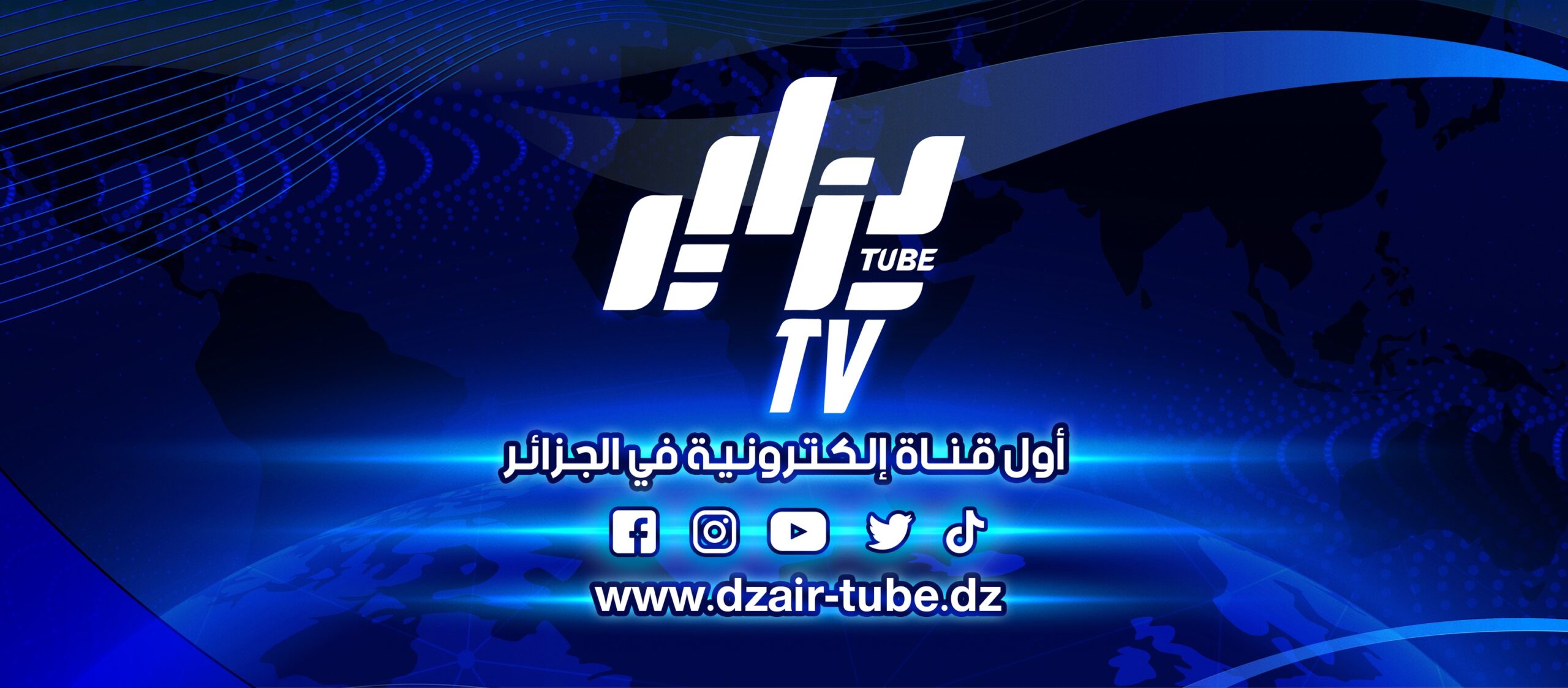BY: Dr. Hana Saada
From legal protections and institutional communication to AI integration and media sovereignty, Algeria’s media professionals propose transformative reforms to reshape the future of journalism
Algiers, Algeria | April 29th, 2025 — In a pivotal step toward the modernization and professionalization of the national media landscape, the 4th Regional Meeting of Journalists and Media Professionals concluded in Algiers with a robust set of strategic recommendations aimed at reshaping Algeria’s communication ecosystem. The high-level forum brought together journalists, editors, regulators, and communication experts from across the country to engage in four thematic workshops tackling urgent issues ranging from legal protection and ethical standards to the integration of artificial intelligence and the restructuring of communication policies.
Workshop I: Strengthening the Legal and Ethical Foundations of Journalism
The first workshop, devoted to the evolving legislative framework and professional ethics, emphasized the pressing need to reinforce both legal and social protections for journalists. Participants called for the accelerated implementation of the Fundamental Law on Journalists, designed to clearly distinguish between professional journalism and unregulated media activity. This law, they argued, is indispensable for upholding journalistic integrity and safeguarding freedom of expression within a structured and legally coherent system.
The workshop further advocated for a binding legal framework to ensure equal access to information across all media outlets, thus guaranteeing a fairer and more transparent press environment. Emphasis was placed on expediting the establishment of the Higher Council for Ethics and Professional Conduct in Journalism, alongside the urgent operationalization of both the Regulatory Authority for the Written and Electronic Press and the National Audiovisual Regulatory Authority.
Workshop II: Embracing the Digital Future – Artificial Intelligence and 5G
In a forward-looking dialogue, the second workshop tackled the transformational impact of artificial intelligence (AI) and fifth-generation (5G) technologies on Algerian media. Participants advocated for the creation of new academic curricula dedicated to emerging technologies and urged institutions to incorporate AI-focused modules into journalism training programs.
Calls were made to strengthen continuous professional training in the AI domain and to encourage targeted investment in digital infrastructure. The workshop also proposed the signing of structured partnerships between the Ministry of Communication and key stakeholders, including the Higher School of Artificial Intelligence and innovative media start-ups.
The need to establish media digital sovereignty was heavily underscored, particularly through the development of national digital applications and secure institutional communication networks. One of the cornerstone proposals was the creation of specialized fact-checking departments within media institutions to counter the escalating threat of fake news.
Workshop III: Rethinking Institutional Communication to Project Algeria’s True Image
The third workshop focused on institutional communication and its strategic role in promoting Algeria’s global image. Participants unanimously called for the development of a coordinated national communication strategy, structured across short-, medium-, and long-term objectives. This strategy, they argued, must involve all national media institutions and be monitored by a dedicated National Authority for Strategic Communication, supported by measurable performance indicators.
To bridge the gap between Algeria’s projected image and its realities on the ground, participants recommended launching national and international perception studies. They also stressed the importance of raising awareness among media professionals regarding the potential risks of digital and social media messaging, and called for the creation of high-quality public media programs that enhance Algeria’s credibility on the international stage.
Workshop IV: Building Human Capital and Future-Proofing the Profession
The final workshop addressed training and professional development, highlighting the urgent need for a rigorous national strategy to build the capacities of journalists and communication professionals. Reinforcing professional ethics within academic programs, valorizing certified training paths, and generating momentum for content creation on social platforms were deemed essential components of Algeria’s media transformation.
The workshop further recommended the drafting of a comprehensive guide to future media careers, the integration of AI technologies in journalistic training, and the immediate launch of a permanent continuing education program aimed at future-proofing the profession.
As the curtains closed on this milestone gathering, participants reaffirmed their collective commitment to a media sector that is free, ethical, technologically empowered, and anchored in national sovereignty. The set of recommendations issued represents more than a roadmap—it is a bold declaration of Algeria’s intent to emerge as a regional leader in responsible, innovative, and forward-thinking journalism.

